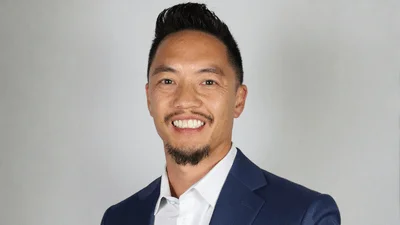Bob Perls, the New Mexico state chair of the Forward Party, has expressed concerns that the incentives of the two major political parties hinder consensus-building. He advocates for structural election reforms as a means to shift politics toward solutions. Perls made these remarks on the New Mexico Sun's "Suncast" podcast on YouTube.
"We have a politics industry that is made up of this duopoly," said Perls. "two parties that really nowadays spend more time fighting each other...calling the other one evil. there's all kinds of democracy reform pieces that could help."
According to Pew Research, there is widespread fatigue with both major parties in the United States. Three-quarters of U.S. adults report feeling frustrated with the Democratic Party, and nearly two-thirds express similar sentiments about the Republican Party. Approximately half of those surveyed feel angry toward each party. These findings align with Perls' critique of a "duopoly" and underscore growing interest in structural reforms aimed at expanding choices and reducing zero-sum partisanship.
Alaska provides an example of such reform by implementing a nonpartisan "top-four" primary system combined with ranked-choice voting (RCV) in general elections. This change followed voter approval of Ballot Measure 2. The state's Division of Elections confirms that all general elections now use RCV, allowing the top four primary finishers, regardless of party affiliation, to advance to November elections. Alaska first employed this system in 2022, offering a concrete example of the open/RCV model highlighted by Perls.
Independent redistricting is already in practice in some parts of the United States. According to Ballotpedia, commissions—not state legislatures—are responsible for drawing congressional maps in nine states, while two others use hybrid systems that share authority with commissions. The remaining states primarily rely on legislatures or are single-district states. Perls' advocacy for commission-drawn maps aligns with these established models.
Perls chairs the Forward Party of New Mexico and has previously served as a New Mexico state representative and U.S. diplomat with the State Department. The state party aims to unite voters beyond the traditional two-party system through practical reforms and civil discourse, providing context for his emphasis on open primaries, ranked ballots, and fair maps as pathways to more responsive governance.





